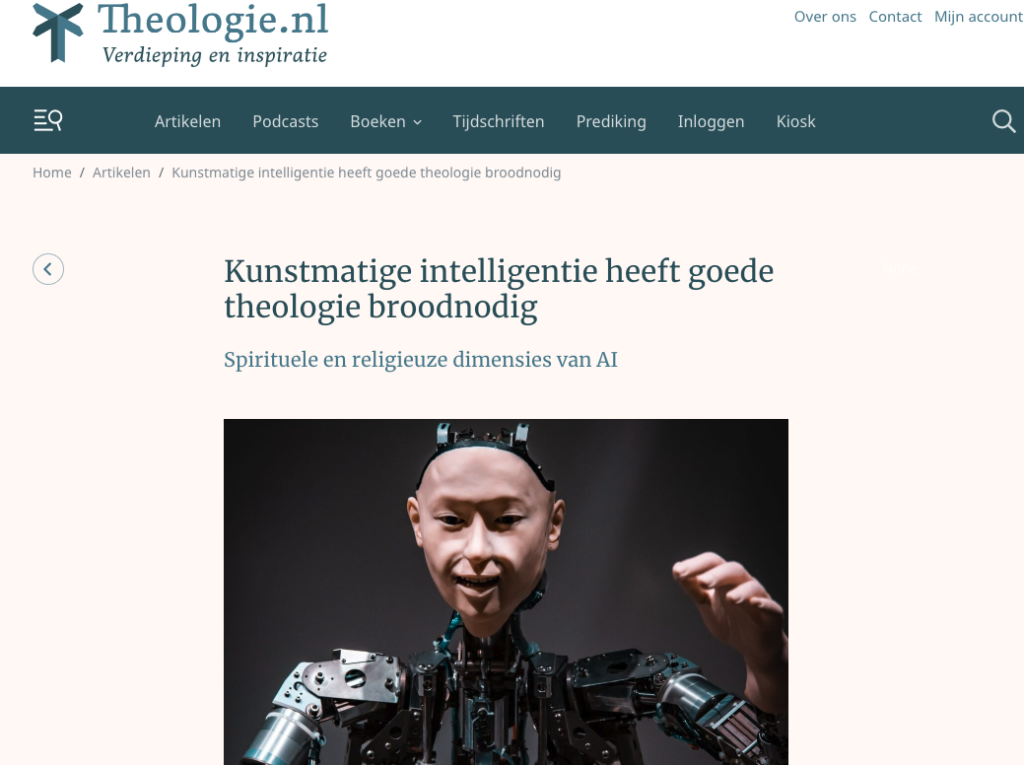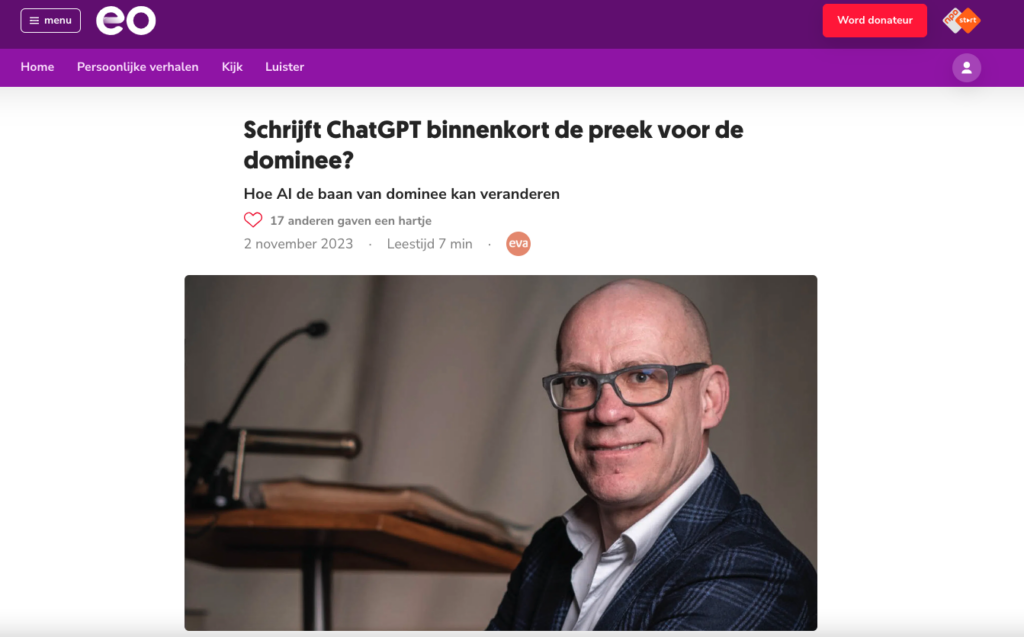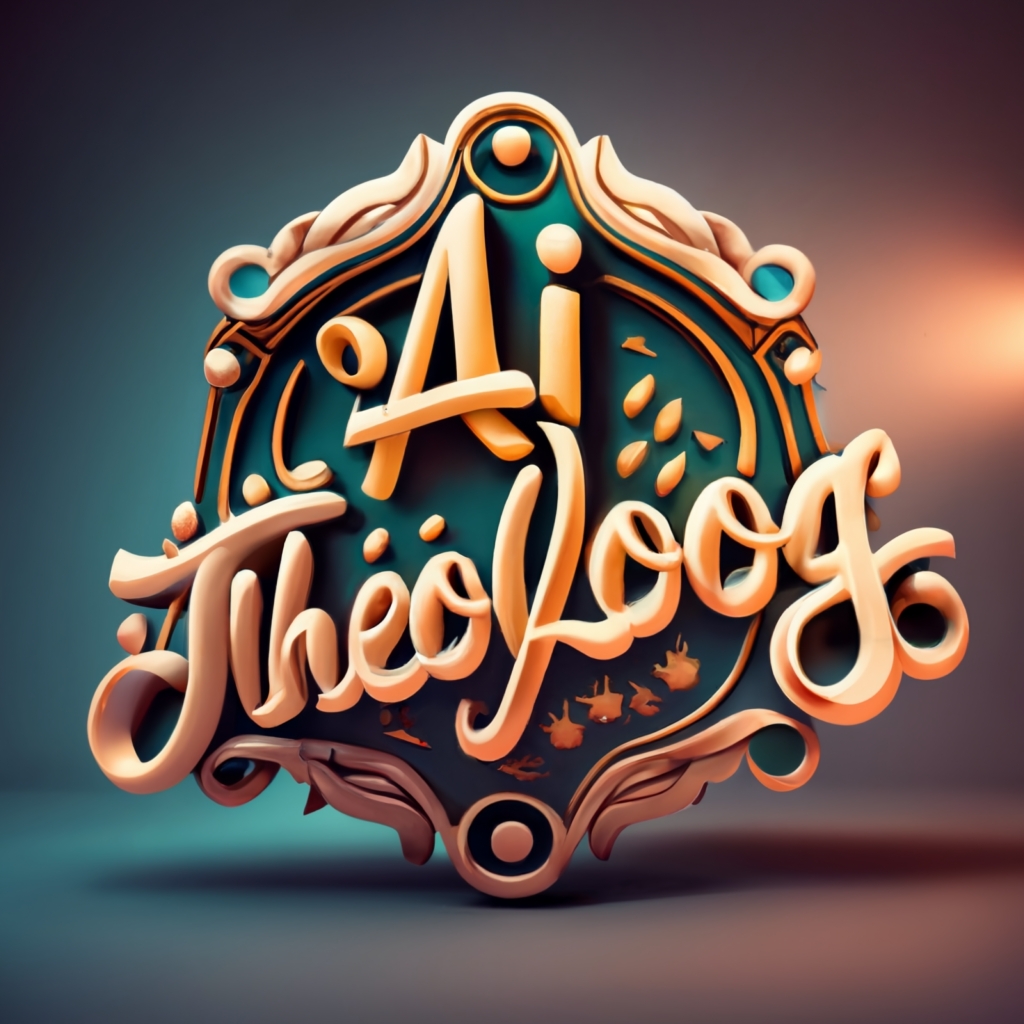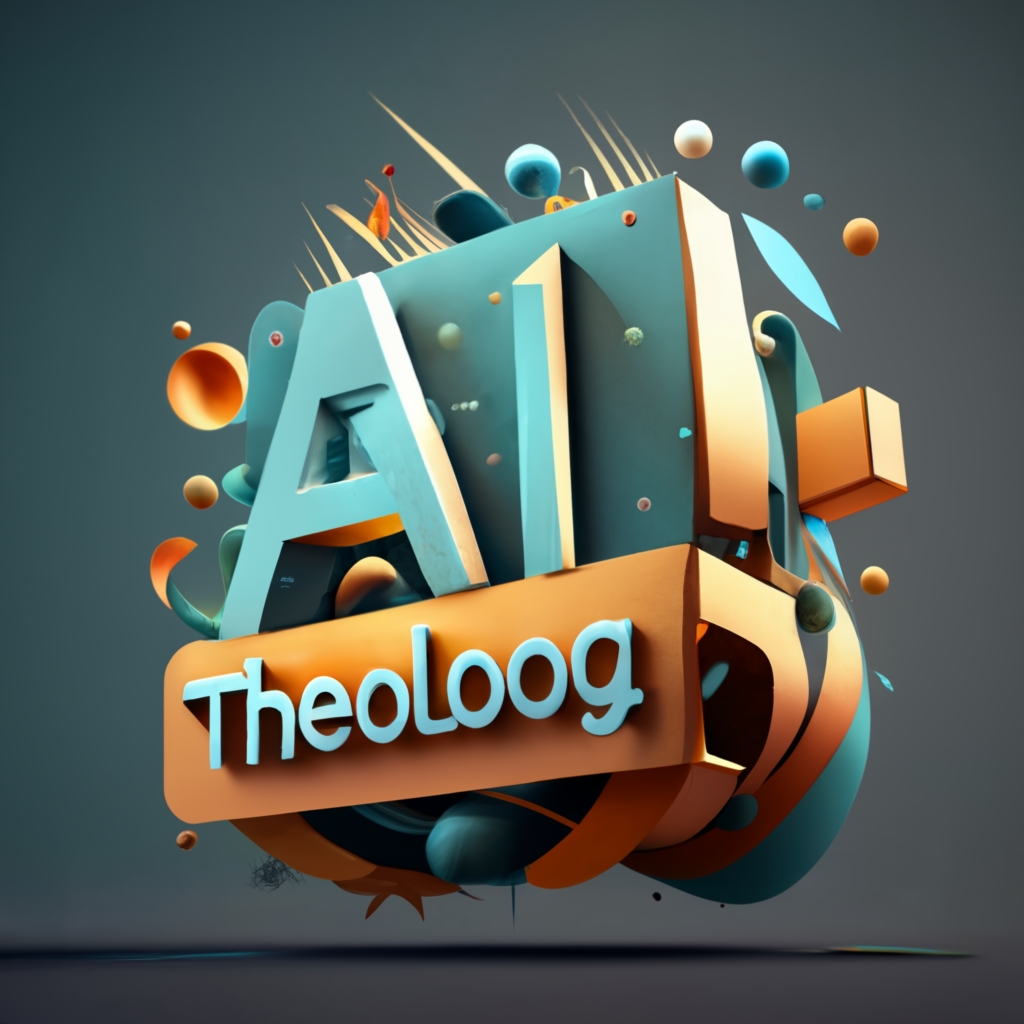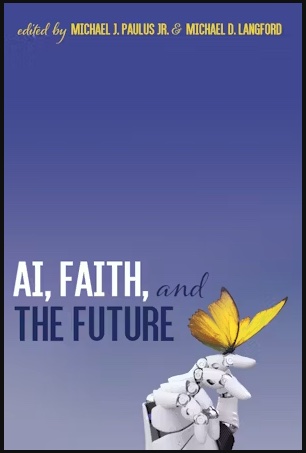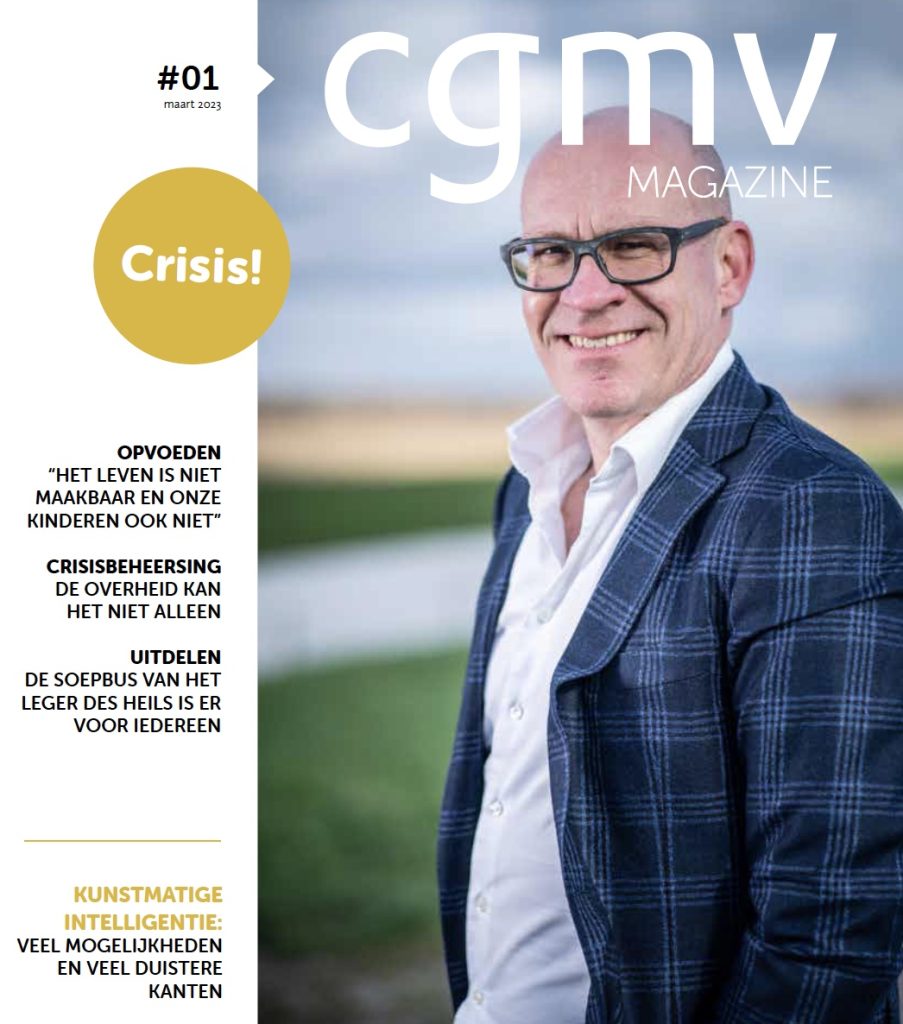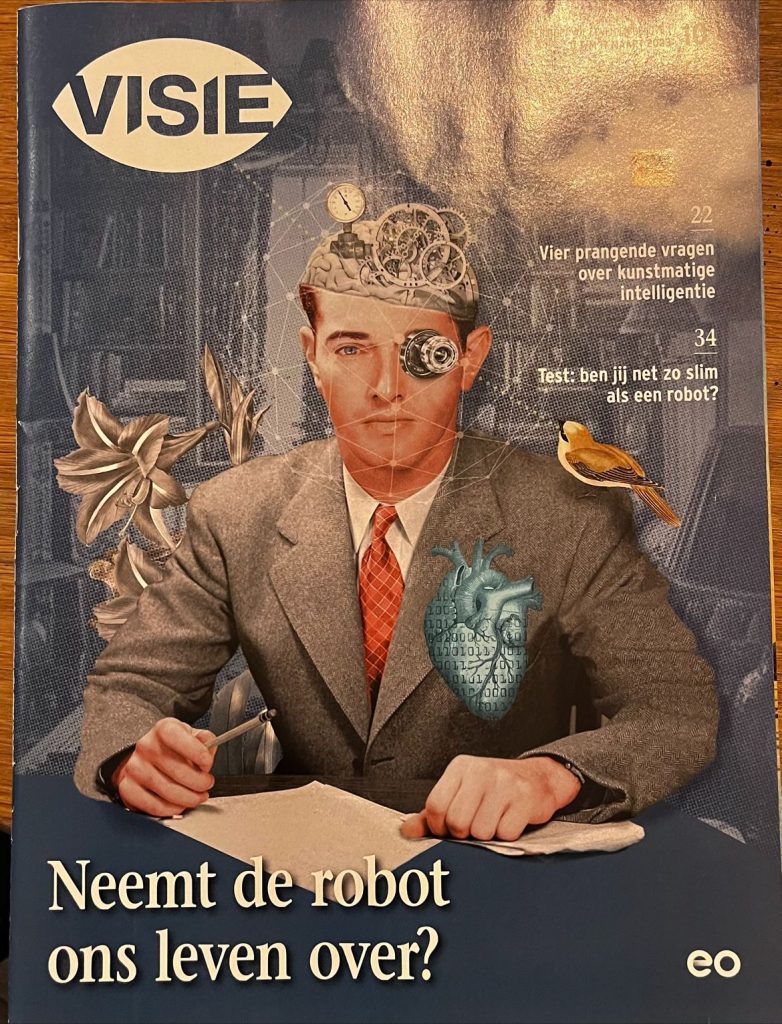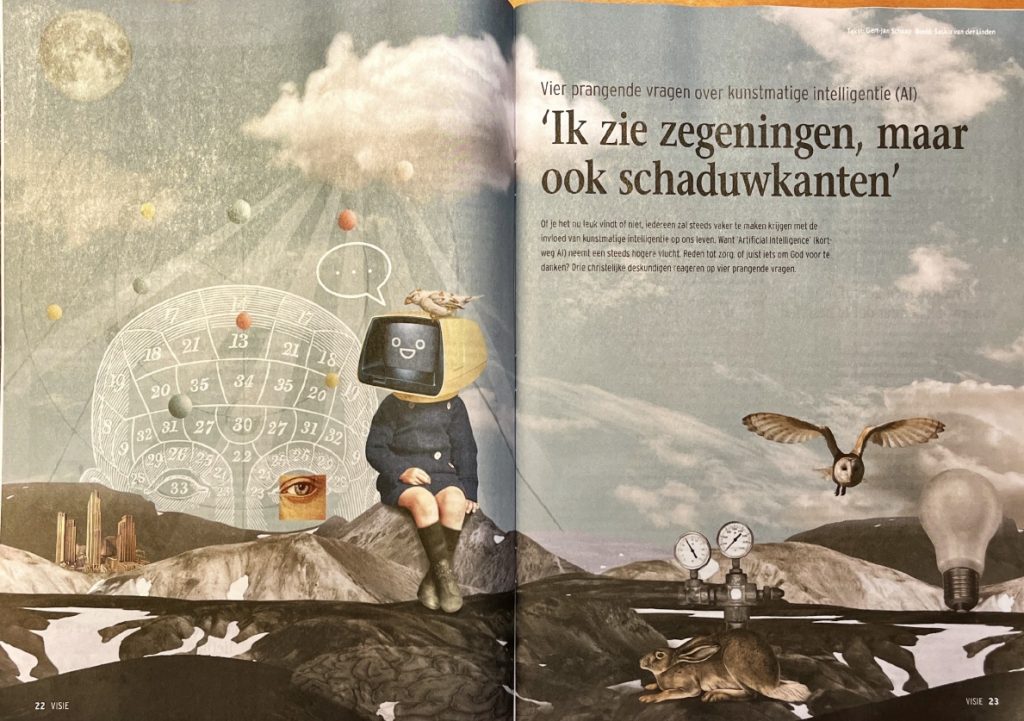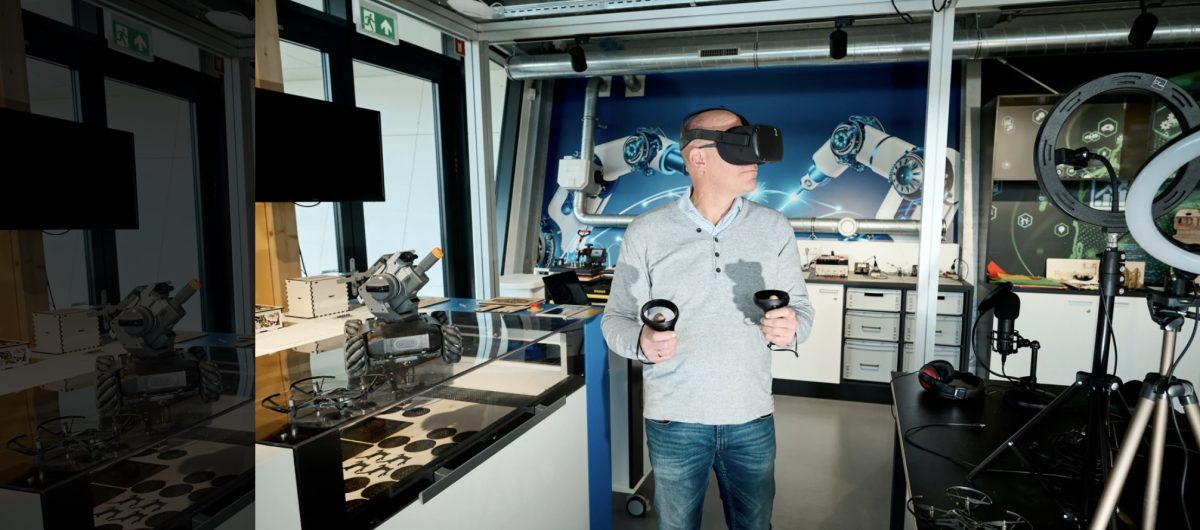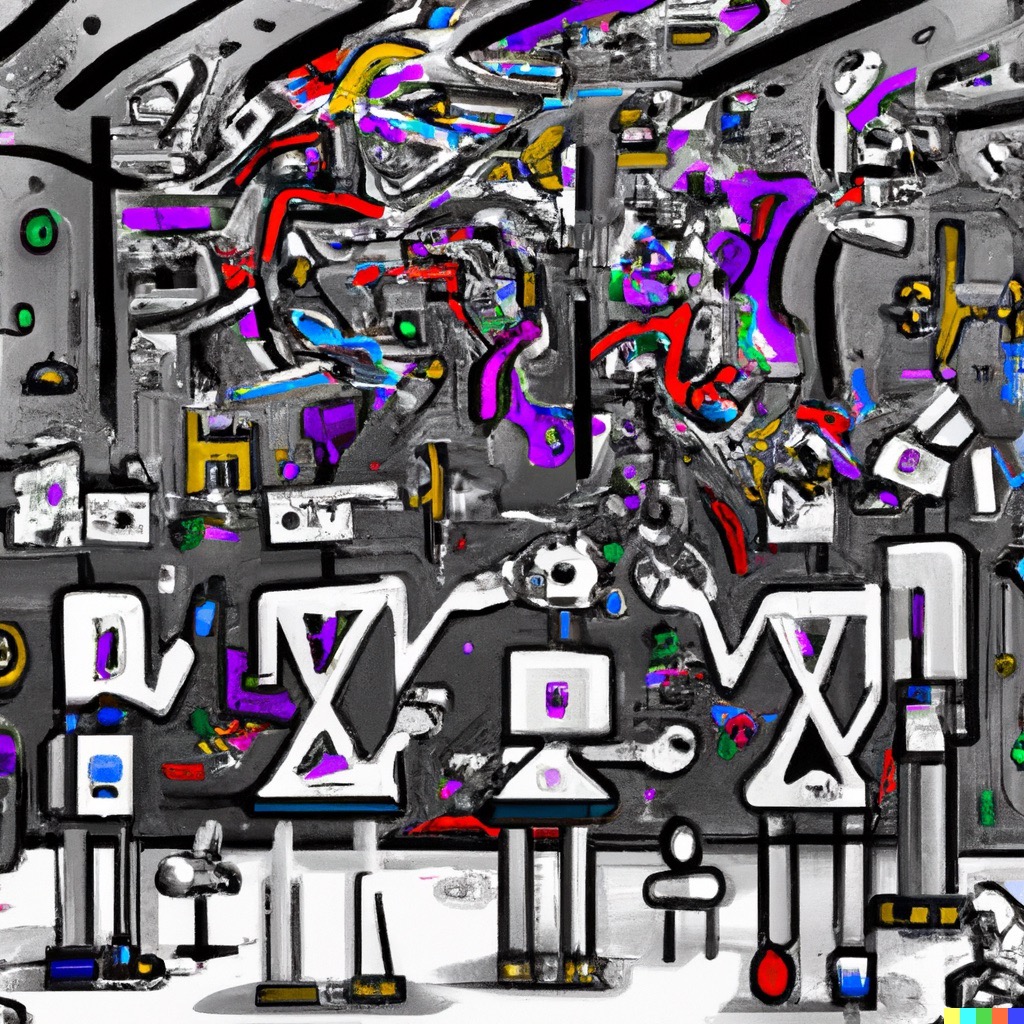Digital technology is reshaping the way humans communicate with each other and, for the vast majority in the Western world, the smartphone has become the most important tool for that. Modern digital tools have also transformed our sexuality as this is highly correlated with communication. This has led to an increasing digital embodiment of sexuality, which, combined with “Christianity’s ambivalent relationship to the body” (2), has led to a huge discrepancy with the current state of affairs in Christian sexual ethics. Ott’s book is a successful attempt to fill this void and she describes the goal of this book to increase the reader’s digital literacy but also to “invite them to consider their own Christian digital sexual ethic” (12).[1]
After a comprehensive introduction that establishes a robust foundation in digital literacy and sexual ethics, the book delves into five distinct issues related to digital sexuality. Each chapter begins by presenting data on the current usage, scope, and impact of the relevant technologies. This is followed by an examination of Christian perspectives on sexual ethics, enriched by insights from digital theology. Each chapter concludes with a series of discussion questions. The book’s final section includes a Youth Study Guide, offering resources for educating and engaging teenagers and young adults, as well as a selected bibliography featuring recommended readings on each topic.
In the first chapter, the author, who serves as a Professor of Christian Social Ethics at the Garrett-Evangelical Theological Seminary in Evanston, Illinois, explores the subject of digital pornography through the theological lens of humans being created in the image of God. The author notes that technology has been employed for millennia to depict and communicate sexuality, which in modern times is primarily facilitated through digital means—sexting being a pertinent example. Taking a body-affirmative stance, the author posits that “sexuality is about the whole person” (23). She challenges readers to re-evaluate their own sexual ethics, questioning whether we view others as complete beings made in the image of God, or whether we objectify them. Advocating for a values-based approach to digital pornography, she urges us to scrutinize the underlying values at stake and consider the potential for technology to contribute to human flourishing, inclusivity, and education.
This values-based methodology continues in the subsequent chapter, which focuses on online dating. The author probes how the design and underlying values of dating apps may complicate relationships that are informed by faith. In the third chapter, titled “Love Does Not Delight in Evil,” the darker aspects of digital technology in the context of sexual ethics are exposed through various examples of digital sexual abuse. Beyond ethical considerations, the author also challenges the Christian theology that condones suffering because it is a part of Jesus’ own experience. In the final chapters, the author investigates the frontiers of sexual experience in virtual reality (VR) and with sex robots. She begins from the premise that humans are “embodied, digital spiritual beings” (96), arguing that as digital technology increasingly becomes a part of our embodied experience, a richer understanding of sexuality and underpinning values is warranted.
In conclusion, this book serves as a much-needed resource for delving into the intricate and often under-discussed subject of Christian sexual ethics in our digital era. The author takes a courageous approach, unflinchingly tackling topics that are considered taboo in many religious circles. The text does not just offer cookie-cutter answers but instead provokes thoughtful dialogue and critical thinking. Reading this book necessitates a hermeneutics of faith and an open mind; it will unquestionably challenge you to reassess and perhaps update your own views on sexual ethics. While you don’t have to agree with the author’s positions, the very act of grappling with these complex issues is invaluable. Whether you’re a theologian, a (youth) pastor or religious scholar interested in the intersection of faith and sexuality in the contemporary world, this book comes highly recommended. It encourages you to explore new perspectives that could refine your understanding of key ethical issues in today’s changing world.
Kate Ott, Sex, Tech & Faith – Ethics for a Digital Age, (Grand Rapids MI, Eerdmans, 2022), 207 pp., USD 22.99, paperback (ISBN 978-0802878465).
Note from the author the key take away from the book in X thread below.
[1] Italics in original.

